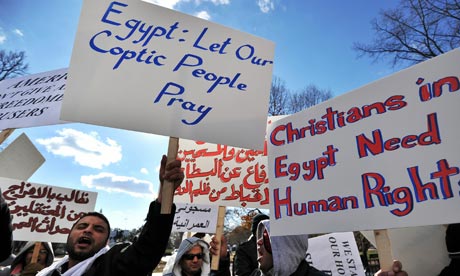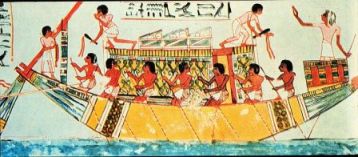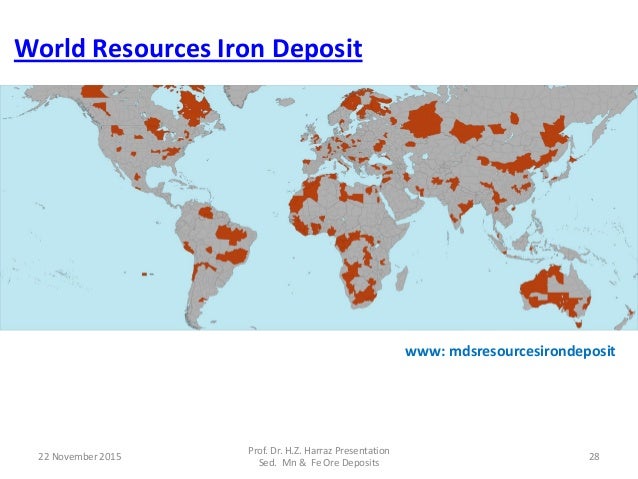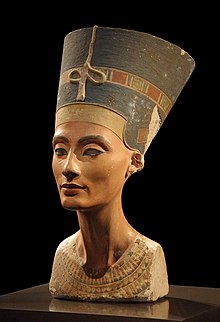Missions
The mission field in Africa was and still is extensive. Egypt, having its own form of religion, made it an easy place for Christians, Muslims, Jews, and others to share their beliefs. They were a target for people working in the mission field. Christians had the greatest effect on Egypt in its early years. The Bible tells the story of Moses being a witness to the people and to the Pharaoh. Because the Pharaoh did not obey, God punished him and the people. Moses continued to give the pharaoh and the people a chance to believe in the power of God, yet they all doubted Him and payed the penalty. Christianity took a firm hold of Egypt during the Roman Era in Alexandria. Unfortunately today, Christianity is a small figure in religions in Egypt. The Copts in Egypt are a Christian Orthodox Church branch that which was the only branch to keep a small amount of followers in Egypt.
 |
| http://www.theguardian.com/commentisfree/belief/2010/dec/24/christmas-christian-persecution |
The Sunni Muslims took a firm hold of Egypt. Islam took such a deep root in Egypt because Egypt was a place were their national religion faded over time, leave room for a religious take over. Islam is one of the oldest religions, and Christianity had a bad name in Egypt, therefore Islam had an easy time at infiltrating Egypt with their beliefs. It was easy for Islam to become Egypt's national religion because Muhammad Ali became leader in Egypt and his belief was in Islam. Religion in Egypt has to do a lot with the man in power. What the leader believes and says is commonly accepted among the people.
 |
| http://blaineharrington.photoshelter.com/image/I0000g59iX5wj5u4 |
 |
| http://njbrepository.blogspot.com/2013/06/were-jews-slaves-in-egypt-by-s-david.html |
Because of Egypt's geographic location, Islam in Egypt is logical. Egypt has progressed forward because of this religion in terms of belief in a god rather that the sun and moon and stars and other entities as gods. They are closer to grasping Christianity then their ever were. Unfortunately Islam is an old religion that draws its practices from ancient times. This affects the way they fight and react to issues they come up against. Even though Islam is predominate, Christianity still has a voice among the people and has a chance to grow.
Bibliography:
http://cmes.arizona.edu/sites/cmes.arizona.edu/files/2c.%20History%20of%20Religion%20-%20powerpoint.pdf
http://njbrepository.blogspot.com/2013/06/were-jews-slaves-in-egypt-by-s-david.html
http://blaineharrington.photoshelter.com/image/I0000g59iX5wj5u4
http://www.theguardian.com/commentisfree/belief/2010/dec/24/christmas-christian-persecution













